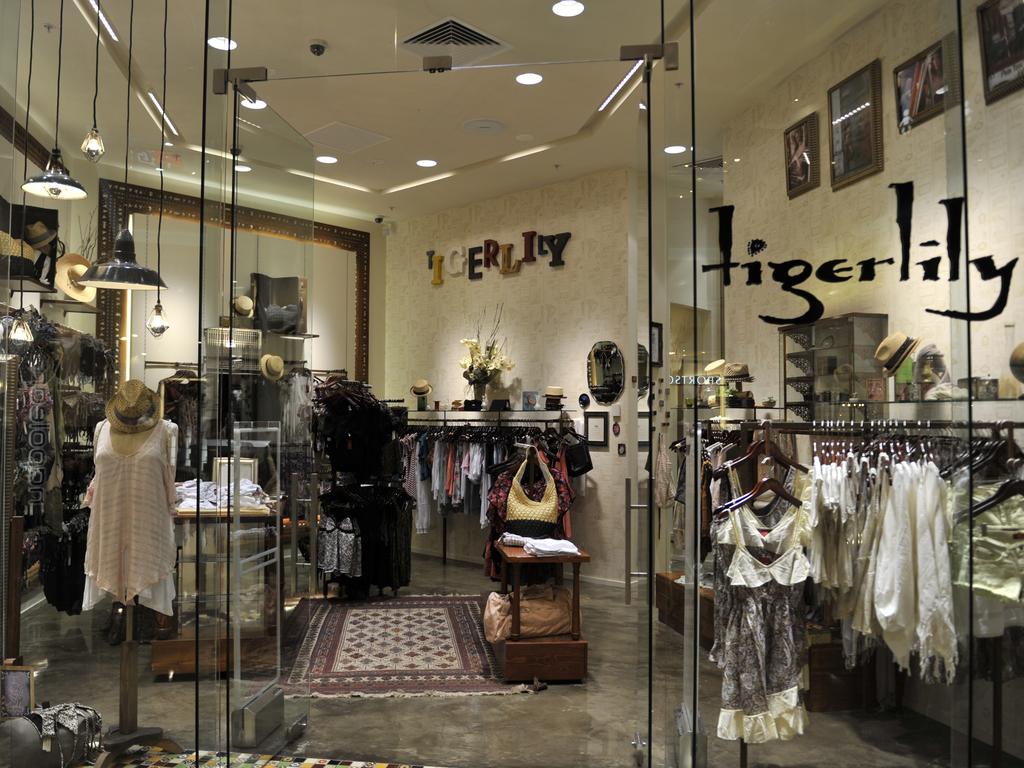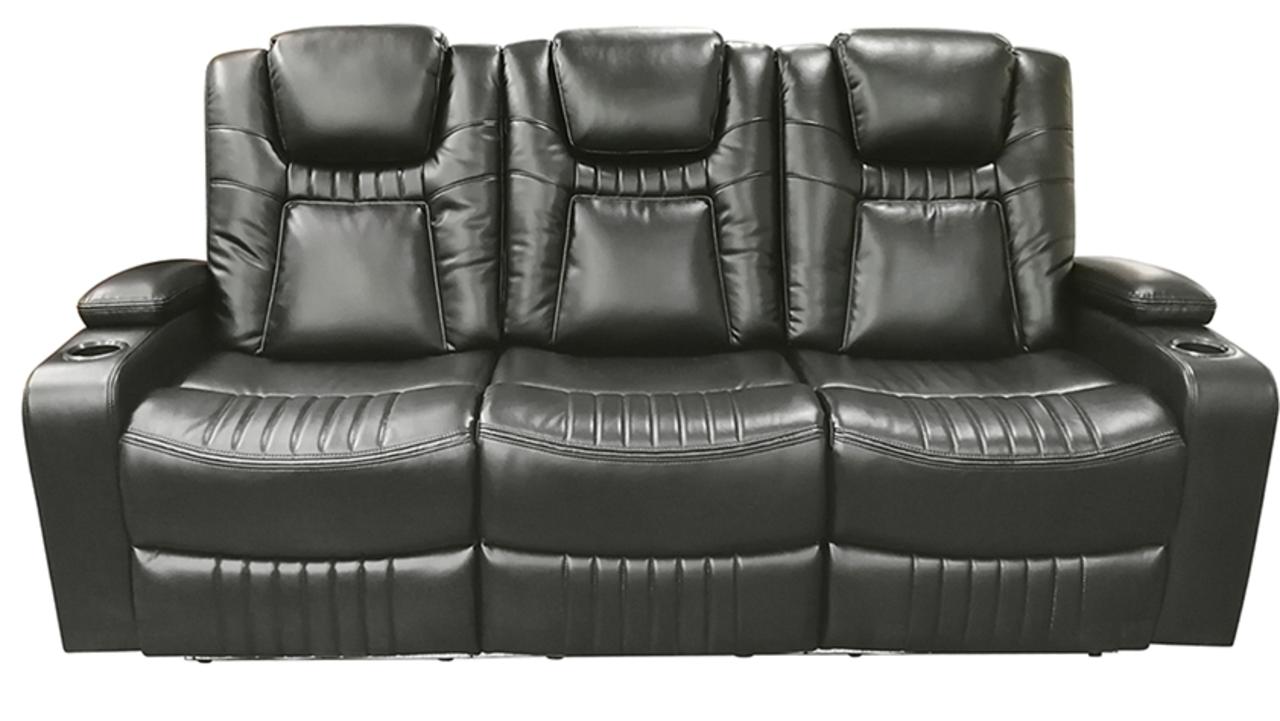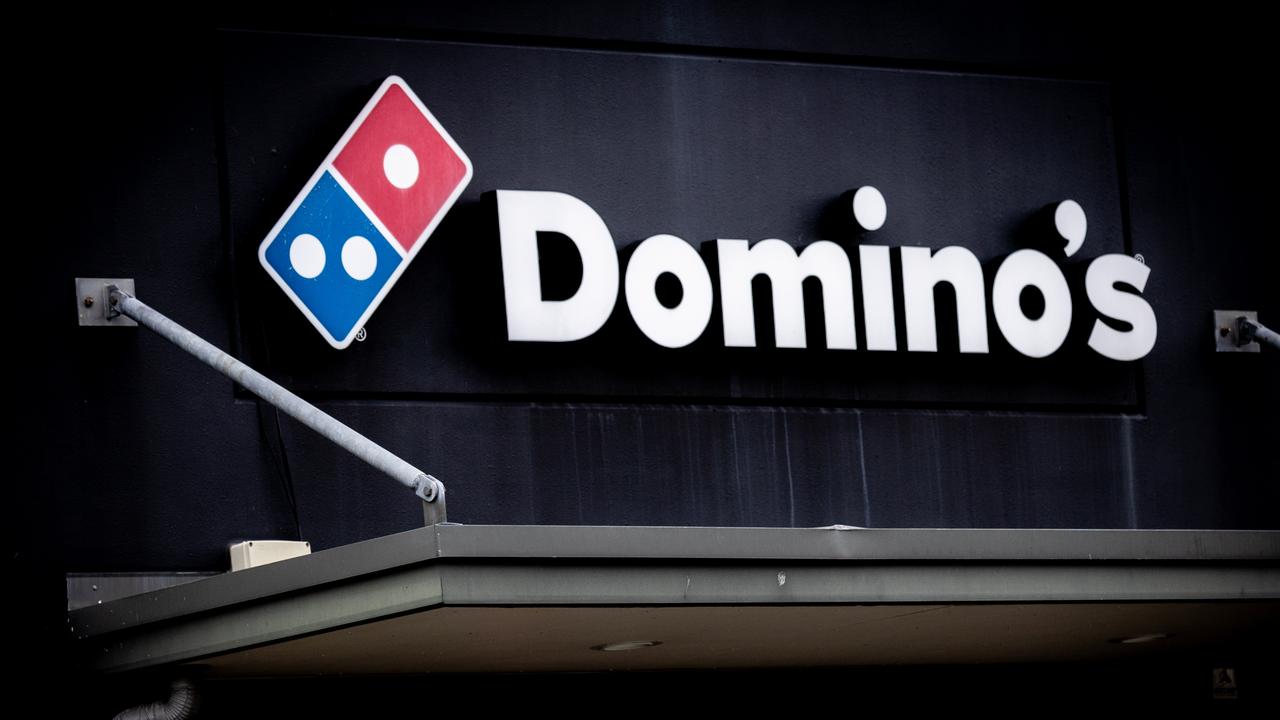Australian brand Tigerlily enters voluntary administration due to coronavirus
Australian swimwear brand Tigerlily has gone into voluntary administration, citing the impact of COVID-19 as one of the reasons for the decision.

Australian swimwear brand Tigerlily has gone into voluntary administration, as retailers continue to be hit hard by the economic impacts of the coronavirus.
The retailer, which has 30 stores across the country, appointed administrators from KordaMentha on Monday, citing the fallout from COVID-19 as one of the reasons for the decision.
Administrator Scott Langdon said the retailer has seen a drop in sales and the recent pandemic was the “core reason” for its collapse.
“It reduced the number of people coming through shopping centres, which reduced sales in an already challenging environment,” he said.
“A sale of business process will commence immediately and we expect a high level of interest in the business given the strong brand and its reputation.”
Mr Langdon said Tigerlily will trade on a “limited basis” through the administration process.

RETAIL WOES
The announcement comes hot on the heels of a slew of other high-profile Australian businesses that have folded in the first fortnight of 2020.
It started early on January 7 when it was revealed department store Harris Scarfe was set to shut 21 stores across five states over the course of just one month after the retailer was placed in receivership in December.
Just days later, McWilliam’s Wines – the country’s sixth-largest wine company that has been run by the same family for more than 140 years – announced it had also appointed voluntary administrators.
Then it was popular video game chain EB Games’ turn, with the business confirming it was closing at least 19 stores across the country within weeks, while fashion chain Bardot is also planning to shutter 58 stores across the nation by March.

In January it also emerged Curious Planet – the educational retailer previously known as Australian Geographic, which is owned by parent company Co-op Bookshop – would pull 63 stores across Australia after failing to find a buyer for the brand, while denim chain Jeanswest entered voluntary administration that month and tech giant Bose also revealed it would close all Australian stores and 119 across the globe largely as a result of the rise of online shopping.
This year German supermarket Kaufland also pulled out of Australia before it had even begun, investing millions into the expansion before making a hasty exit this year to focus on its European offerings.
And handbags and accessories chain Colette by Colette Hayman was also placed into voluntary administration in late January, leaving 300 jobs and 140 stores in the lurch, while furniture, homewares and handicrafts store Ishka also collapsed in February.
2020s dismal first fortnight for retail follows a horror 2019 that brought the collapse of a slew of Aussie businesses, with some international players also folding in recent months.
Last January, menswear retailer Ed Harry went into voluntary administration, and a week later, Aussie sportswear favourite Skins also revealed it was on the brink of failure after applying for bankruptcy in a Swiss court.
At the end of the month, the Napoleon Perdis beauty empire appointed administrators although it was saved from liquidation by KUBA Investments three months later.
Footwear trailblazer Shoes of Prey also met its demise in March last year along with British fashion giant Karen Millen, which in September revealed it would soon shut all Aussie stores, leaving around 80 jobs in peril.

In October, celebrity chef Shannon Bennett’s Melbourne burger chain Benny Burger was also placed into administration, followed by seven Red Rooster outlets in Queensland just days later and then Aussie activewear sensation Stylerunner, which has since been sold to Accent Group Limited.
In November, it was revealed that popular furniture and homewares company Zanui was in trouble after it abruptly entered voluntary administration, leaving angry customers in the lurch.
Later that month, Muscle Coach, a leading fitness company, was put into voluntary administration after a director received a devastating diagnosis and the company racked up debts of almost $1 million.
Then it was the famous Criniti’s restaurant chain’s turn to enter into voluntary administration, with several of the 13 sites across the country set to close for good. It was closely followed by discount legend Dimmeys.
Leading Australian fashion designer Alex Perry closed his only bricks and mortar store in Sydney’s Strand Arcade in February, announcing he will focus solely on online.



